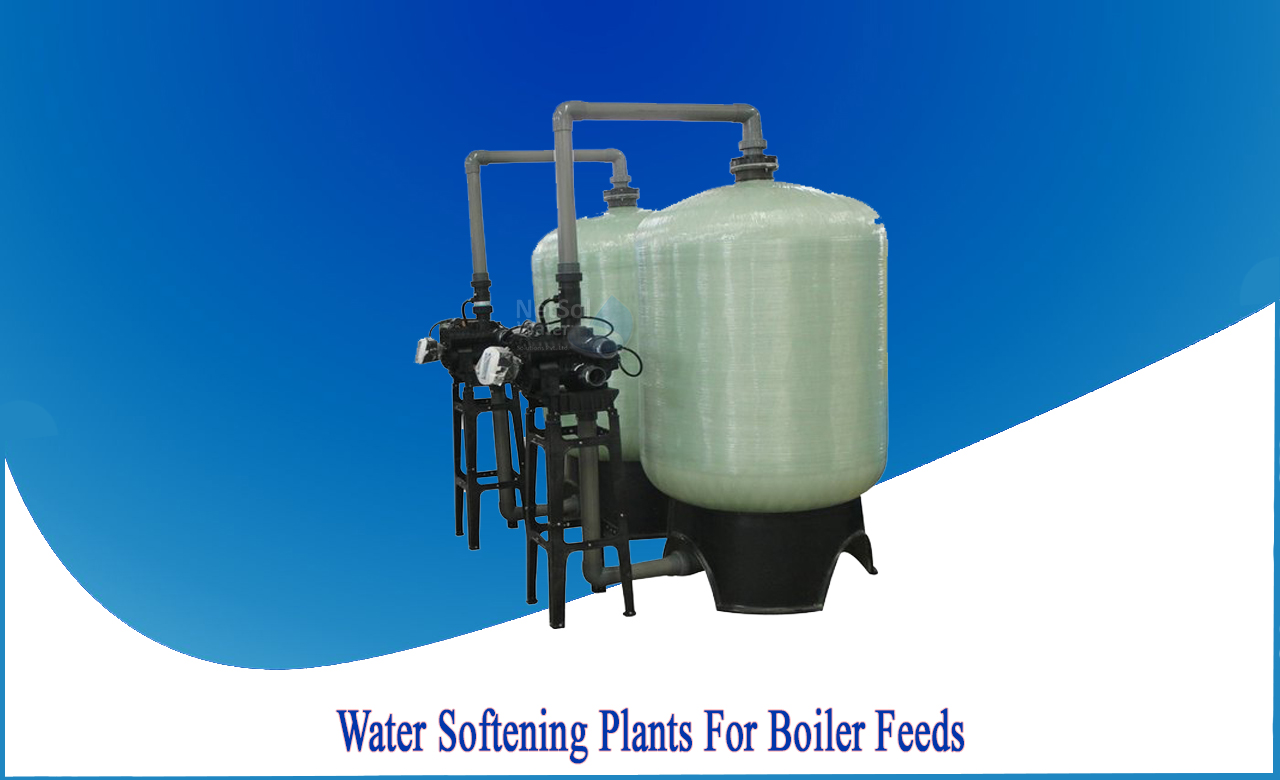What is Boiler Water?
For boiler feed water, water softeners are a standard piece of pre-treatment equipment. Too hard water scales up the interior components of a boiler, reducing heat exchange efficiency and finally ruining the boiler. Chemical treatments to keep boilers clean are also considerably reduced or eliminated with the use of water softeners.Improper water treatment is one of the primary causes of poor boiler performance.
Improper water treatment, or not treating your boiler water at all, can result in scaling, which is permanent boiler tube damage. Before being fed to the boiler, boiler water should be passed through a water softener to avoid scaling.
Hard water minerals like calcium and magnesium, which can cause scaling and corrosion in boiler tubes, are removed by a water softener. Scale deposits act as an insulator, preventing correct heat transfer, lowering boiler efficiency, and causing costly downtime and even early boiler failure.
As you utilize a boiler, it will unavoidably lose efficiency. Boilers that are inefficient cost more in terms of electricity, gas, and maintenance. Improper water treatment is one of the primary causes of poor boiler performance. Any boiler maintenance procedure must include treatment. A water softener can help keep your boiler in good working order as part of your routine maintenance.
Chemical Process Involved- The Ion Exchange Process
Magnesium, calcium, and iron are positively charged ions found in hard water. Through the use of resin beads, an ion exchange in the water softener removes positively charged ions from the water. Brine, which contains salt and potassium, negatively charges the resin beads inside the resin tank. As the water passes through the resin tank, the magnesium, calcium, and iron are chemically attracted to the resin beads', causing them to cling to the resin. The majority of the "hard" minerals are removed from the water during this procedure, resulting in "soft" water.
The Cleaning Process _ Regeneration Process
The resin beads' negatively charged ions are released during the regeneration cycle, allowing them to continuously remove hardness from the water. The regeneration procedure involves draining away the sediments, adding new brine, and recharging the resin beads with the new brine.
This cleaning procedure takes one to two hours to complete.One or two brine tanks can be used in regeneration systems. One set of beads is always operating and cleaning in one of the two tanks, saving downtime. Because there is only one tank, the hard water and brine must be cleansed and replenished on a regular basis in order to eliminate hardness and regenerate the beads.
To minimize damage and costly repairs, it's critical to keep your boiler supplied with soft water at all times. When water softening is combined with a dependable water treatment chemical programmed and blow-down schedule, boiler system performance can be assured for many years.
Ignoring a proper water softener system can cost you many valuable things including hair, skin, appliance and industry. Netsol water solutions comes with a great water softener system, promising to provide water in purest form and we can assist you in getting a perfect one.
Netsol Water is Greater Noida-based leading water & wastewater treatment plant manufacturer. We are industry's most demanding company based on client review and work quality. We are known as best commercial RO plant manufacturers, industrial RO plant manufacturer, sewage treatment plant manufacturer, Water Softener Plant Manufacturers and effluent treatment plant manufacturers. Apart from this 24x7 customer support is our USP. Call on +91-9650608473, or write us at enquiry@netsolwater.com for any support, inquiry or product-purchase related query.



